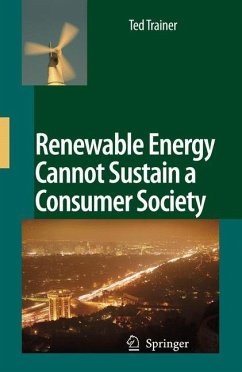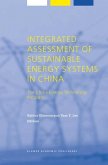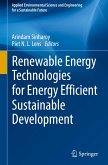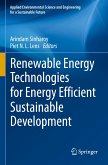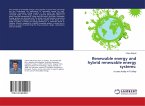It is widely assumed that our consumer society can move from using fossil fuels to using renewable energy sources while maintaining the high levels of energy use to which we have become accustomed. This book details the reasons why this almost unquestioned assumption is seriously mistaken.
Chapters on wind, photovoltaic and solar thermal sources argue that these are not able to meet present electricity demands, let alone future demands. Even more impossible will be meeting the demand for liquid fuel. The planet's capacity to produce biomass is far below what would be required. Chapter 6 explains why it is not likely that there will ever be a hydrogen economy, in view of the difficulties in generating sufficient hydrogen and especially considering the losses and inefficiencies in distributing it. Chapter 9 explains why nuclear energy is not the answer.
The discussion is then extended beyond energy to deal with the ways in which our consumer society is grossly unsustainable and unjust.
Chapters on wind, photovoltaic and solar thermal sources argue that these are not able to meet present electricity demands, let alone future demands. Even more impossible will be meeting the demand for liquid fuel. The planet's capacity to produce biomass is far below what would be required. Chapter 6 explains why it is not likely that there will ever be a hydrogen economy, in view of the difficulties in generating sufficient hydrogen and especially considering the losses and inefficiencies in distributing it. Chapter 9 explains why nuclear energy is not the answer.
The discussion is then extended beyond energy to deal with the ways in which our consumer society is grossly unsustainable and unjust.
From the reviews: "Ted Trainer, of the University of New South Wales, has made a valuable contribution to the literature of energy and resource depletion with his new book Renewable Energy Cannot Sustain a Consumer Society. ... Anyone interested in Energy Descent Planning, Community Powerdown responses and Economic Localisation should read this book." (www.zone5.org, September, 2008)

